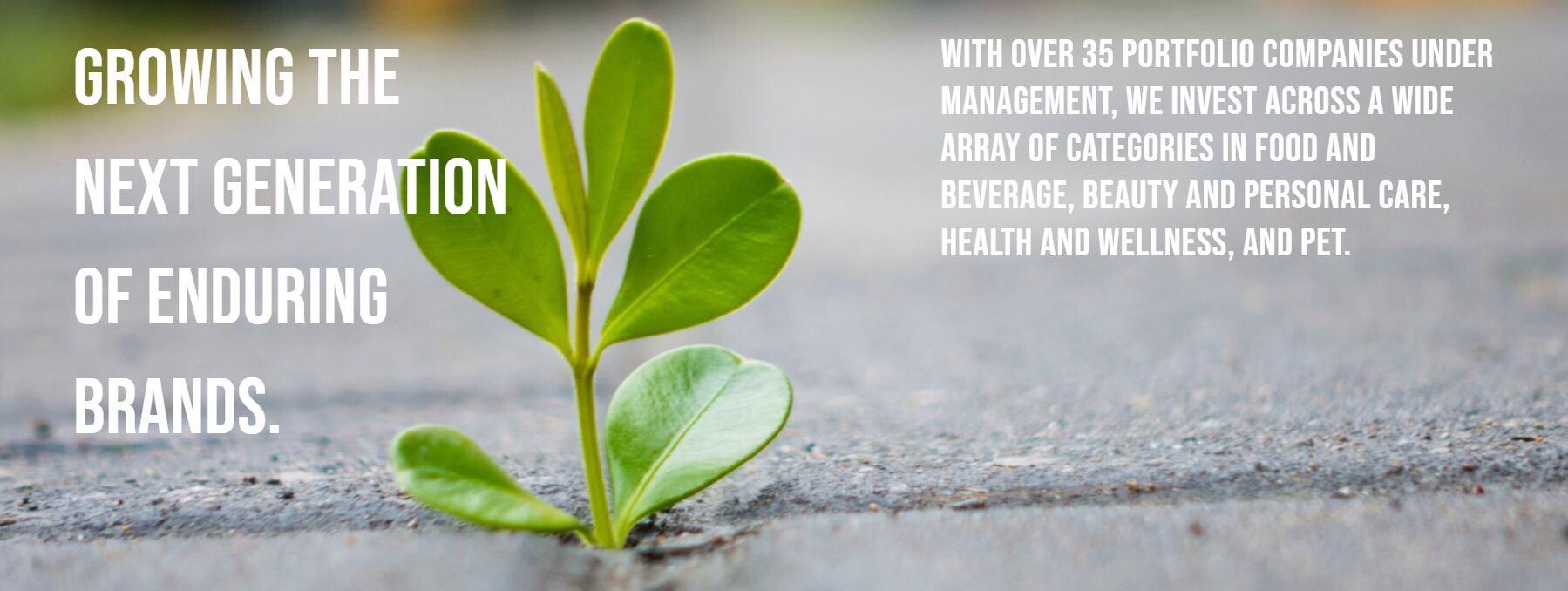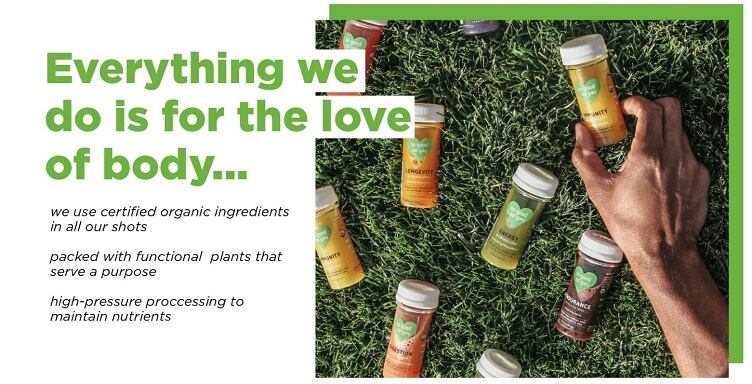According to the management consulting firm, creating revenue parity between Black- and white-owned businesses and specifically supporting small and medium-sized businesses owned by people of color not only would help close this gap, but also boost overall wealth by $290 billion.
To tap into this opportunity and help even the playing field for Black entrepreneurs, a consortium of nine cross-sector firms recently came together to form The Empower Project, which currently is accepting applications from Black-owned CPG businesses across the nation for a pitch event with a grand prize worth nearly $700,000 in funds and services.
In this episode of FoodNavigator-USA’s Investing in the Future of Food, Kyle Gardner, a member of The Empower Project and CEO of Dobson Avenue Capital Partners, shares details about the pitch competition, including what judges are looking for, and why a competition focused on Black entrepreneurs is important. He also shares how other food industry players can help lift up Black entrepreneurs in meaningful way.
‘A once in a lifetime opportunity’
The Empower Project was created to “begin eradicating … inequality and disparity” that Gardner says he and other members of the consortium believe have held back Black-owned businesses in the CPG space, “leading to greater inequality and wealth disparity.”
He explains that The Empower Projects is offering “a once in a lifetime opportunity for the brands” that apply to the competition by Jan. 15, 2021, by offering exclusive access to a suite of resources from the founding consortium members, including branding and marketing advice from CA Branding, communications and marketing strategy from J Connolly, market data and insights from SPINS, legal advice from Davis Wright Tremaine, investor insights from Dobson Avenue and other services from Whole Brain Consulting, 108, Propeller Industries and CA E-Comm.
Eligible businesses must be at least 50% Black-owned or founded with current annual revenue between $150,000 and $10m, and they must be able to cover the expenses of participating in the program, including packaging, printing and distribution.
All applicants who meet the Jan. 15 deadline will be carefully reviewed and five will be invited to pitch virtually Feb. 16, after which one winner will be announced Feb. 26.
Even though only one company take home the prize, Gardner noted that all applicants – and especially those selected to pitch – will be placed on a higher platform and gain the eye of investors and service providers, meaning everyone will win.
Judges will evaluate applicants based on their authentic story, how they drive people to the shelf or store, where their product fits in the competitive landscape and its market potential. Judges also will consider the team dynamics and their ability to help “get the horse across the line,” as well as basic blocking and tackling, such as margins, operations, IP protections and more, Gardner said.
A call to action for industry
While $700,000 in funds and services will go a long way for one lucky winner, Gardner calls on stakeholders across the industry to understand fully the racial wealth gap’s impact on Black entrepreneurs and to support Black-owned businesses financially in addition to awareness raising social media posts.
Gardner explained that BIPOC entrepreneurs face many hurdles that may not be a significant as those of their white counterparts, including disparities in education, healthcare outcomes, and perhaps the most pivotal – wealth.
“When we think about who has the access to the networks to raise hundreds of thousands, if not millions of dollars, it is typically from the people in your closest family and friends,” and in the Black community that type of disposable income is not as readily on hand.
Which is why Gardner says that even if his firm isn’t able to invest in a BIPOC-owned company, he always tries to connect entrepreneurs with someone who might be able to help them – a practice that he encourages other investors to also follow.
“We really try and advise and counsel them and kind of allow them to step through the growth process to get them what they need, even if we can’t provide it directly,” he explained.
He also encourages larger brands with venture arms to actively diversify the pool of entrepreneurs and businesses from which they are pulling ideas and investing by working with small entrepreneurship groups, business schools, and entrepreneurs centers in diverse communities.
At the retail level, he lauds stores, such as Whole Food Market, which has programs to reach out to local entrepreneurs and highlight them with flags on the shelf. He added that he would like to see similar programs specifically designed to connect with and shine a light on BIPOC entrepreneurs and brands.
Establishing connections within the BIPOC entrepreneur community where there previously were not connections is not easy, Gardner said. But, it is worth it both from an investment perspective and because of the outsized impact it can have those entrepreneurs and their surrounding communities.
“Once you’ve done it, you see literally the trickledown effect in the community, the employment, the jobs and how it changes people’s lives,” he said. “And if you hold on to that, you can have hope.”



